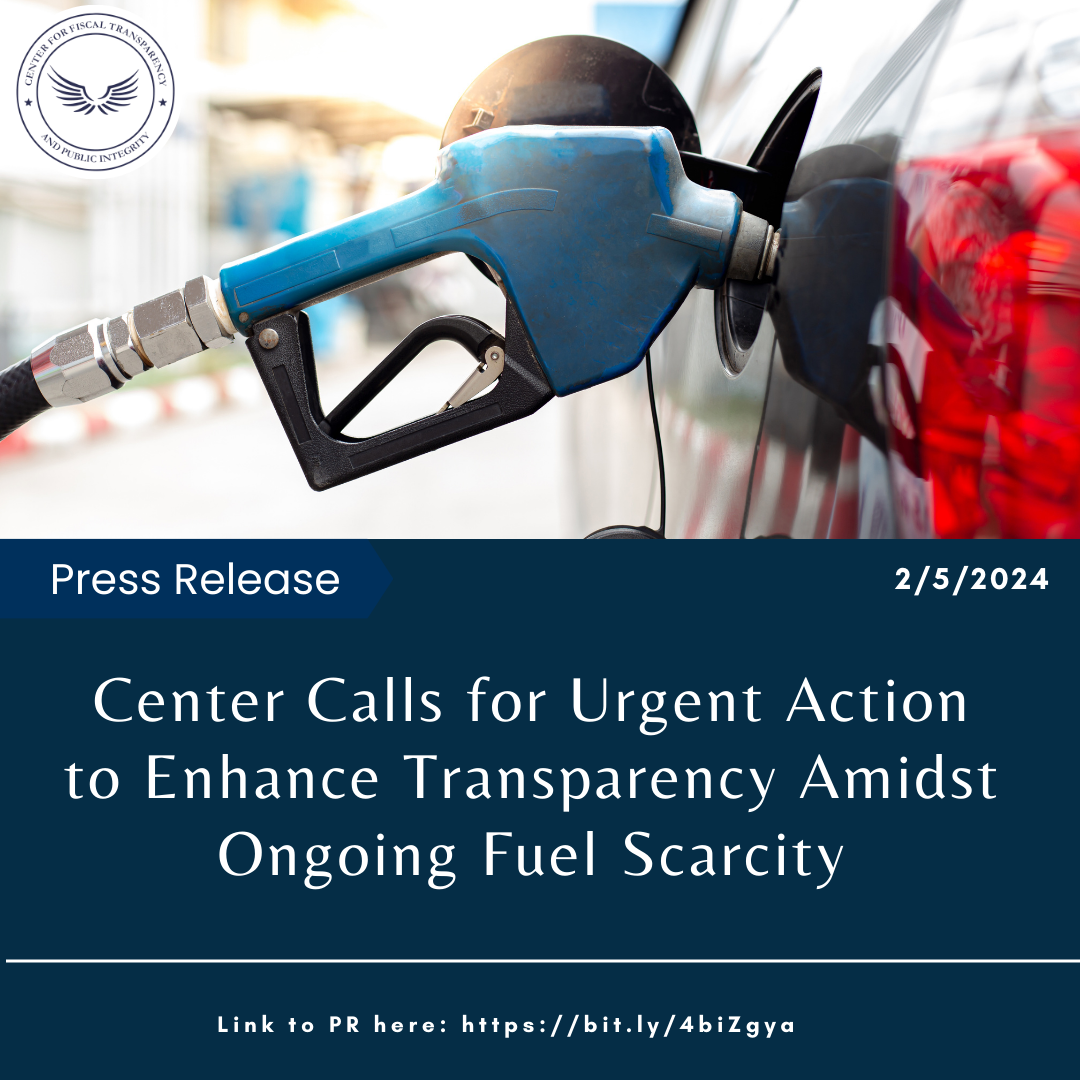The ongoing fuel scarcity across several states in Nigeria continues to impose severe hardships on ordinary citizens, exacerbating the already high cost of living. This crisis has raised serious questions about the integrity of the fuel subsidy regime, which the current administration claims it is no longer paying.
The scarcity has led to a significant increase in the cost of transportation, affecting livelihoods of Nigerians, particularly those in low-income brackets. Households, small and medium enterprises alike are facing higher running costs as a result of scarcity, affecting their productivity; and the situation is further worsened by the epileptic electricity supply, making it increasingly difficult for ordinary citizens to meet their basic needs.
It’s unacceptable that the so-called largest oil producer and exporter on the continent has continued to grapple with fuel scarcity due to a combination of factors, including inadequate refinery capacity, continuous pipeline vandalism, corruption, and inadequate infrastructure. These challenges have persisted for decades, and one expects that the removal of fuel subsidy by President Bola Ahmed Tinubu’s administration will address the perennial crisis.
The recent revelation by the former Governor of Kaduna state, Mal. Nasir El-Rufai, which was corroborated by the Independent Petroleum Marketers Association of Nigeria, that the fuel subsidy regime has returned, with claims that the government is currently subsidizing petroleum products in trillions of naira, if true, is a pointer to the lack of transparency in critical policy decisions of the government which may have led to the current situation.
The Center therefore call on the Nigeria National Petroleum Company Limited (NNPC Limited) and the government to be more transparent with industry information to check routine corruption in the oil and gas sector and boost the confidence of Nigerians. For instance, in the ongoing fuel crisis, despite claims by the NNPC Limited that the logistic issues causing the ongoing scarcity had been addressed, fuel queues continue to linger, with Nigerians being ripped off by the attendant surge in price through the activities of black marketers and hoarders.
We also urge the government to uphold its commitment to transparency and accountability by disclosing comprehensive and accurate data on the current crisis. Citizens have a fundamental right to know the actual reasons behind the ongoing scarcity in order to rebuild trust and restore hope in the industry. Furthermore, we implore the relevant authorities to take immediate action to address the root causes of fuel scarcity, including enhancing the supply chain and combating smuggling and hoarding.
Finally, we believe that it’s in the government’s best interest to disclose the true status of petroleum subsidy, as concealing information will be a return to the corrupt and opaque subsidy regime which the nation is yet to recover from.

